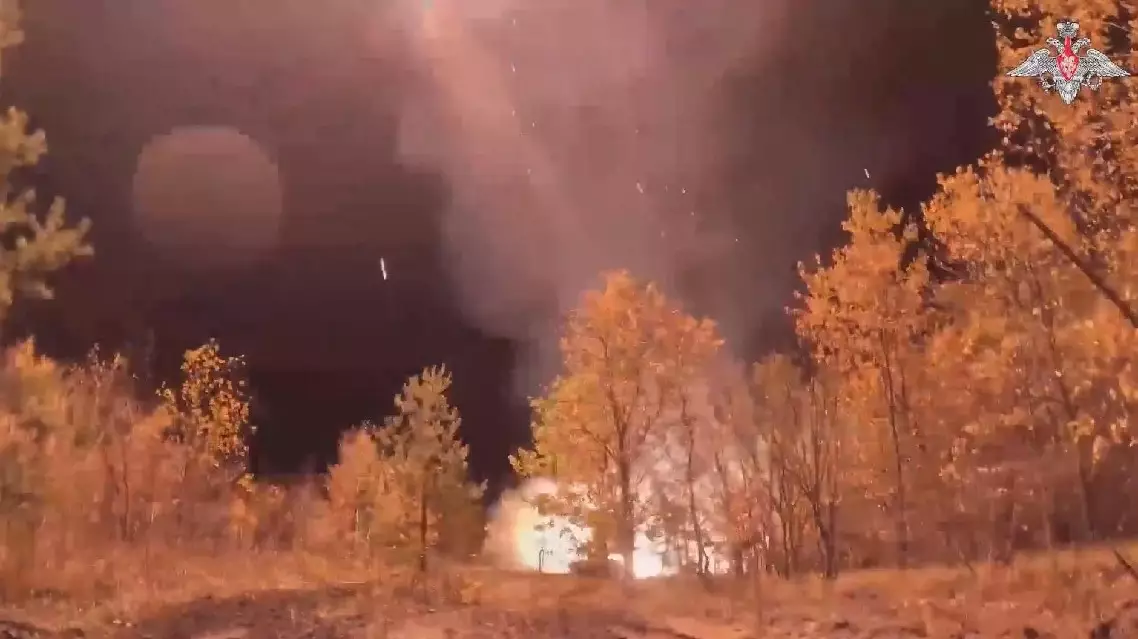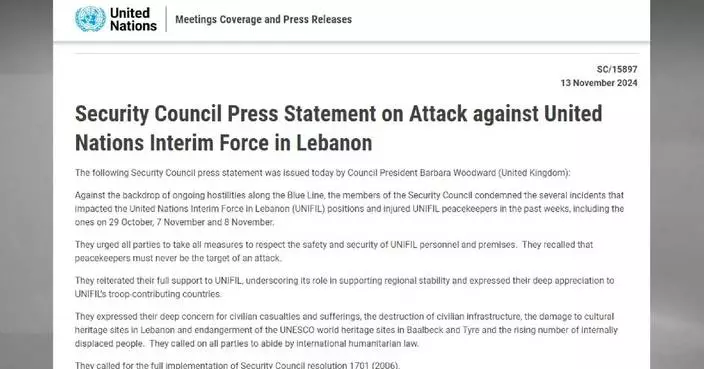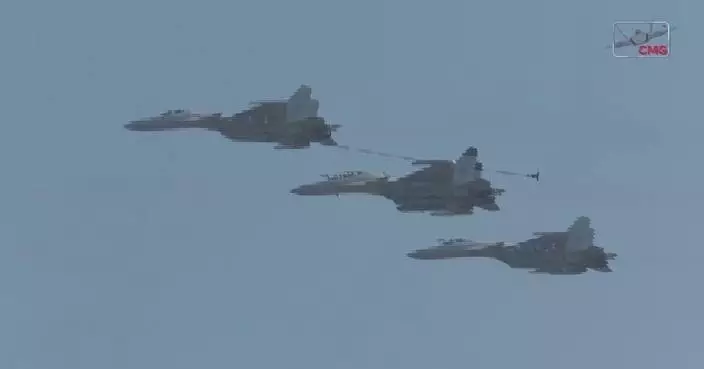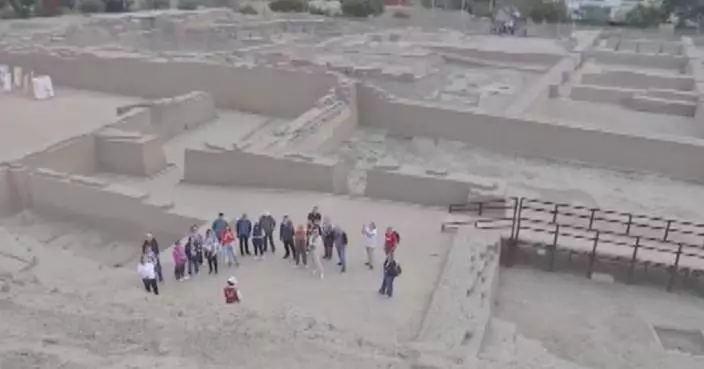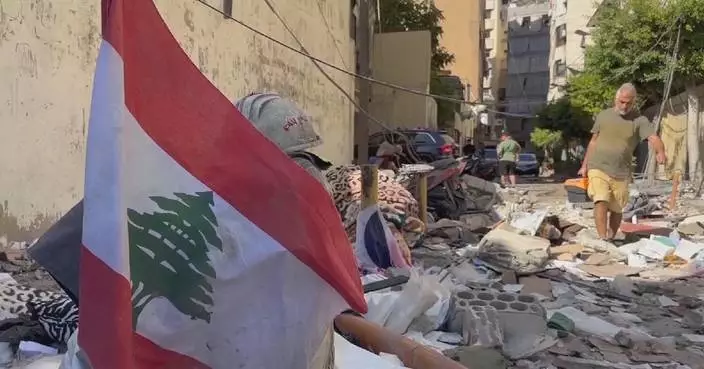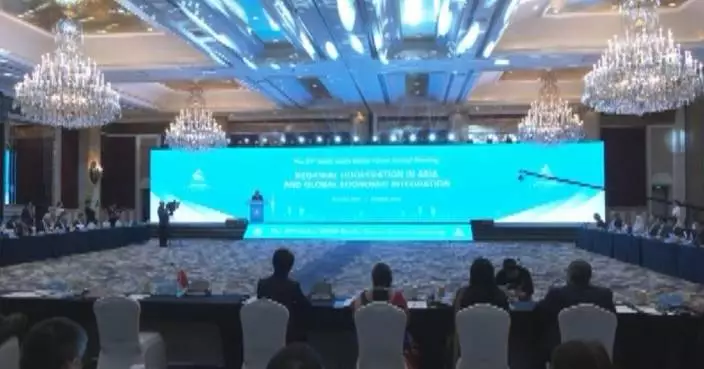The Israeli air strikes on the southern suburbs of Beirut over the recent weeks have forced a large number of local residents to flee their homes.
There is little light seen in the core areas south of the Lebanese capital at night.
Israeli warplanes launched 13 violent raids on Beirut's southern suburbs on Tuesday that lasted almost three hours, according to the official Lebanese National News Agency.
The agency said the raids targeted the areas of Haret Hreik, Ghobeiry, Laylaki, and nearby areas, with violent sounds of missiles heard throughout Beirut and Mount Lebanon.
Since September 23, the Israeli army has intensified its air attack on Lebanon in an escalation of conflict with Hezbollah. Israel further initiated a ground operation across its northern border into Lebanon in early October.
Lebanon’s caretaker Prime Minister Najib Mikati reiterated his government's commitment to the United Nations Security Council Resolution 1701 at the Arab-Islamic summit held in Riyadh, Saudi Arabia on Monday. He said that the Lebanese government was willing to deploy more troops to the south and hoped that the Lebanese government's jurisdiction would be extended to all territory of the country.
Speaker of the Parliament of Lebanon Nabih Berri, who has close ties to Hezbollah, had a phone call with his Iranian counterpart Mohammad Bagher Ghalibaf on Monday. The latter confirmed that Iran supports Lebanon in implementing Resolution 1701.
Adopted in 2006, the Resolution 1701 ended a 33-day war between Israel and Hezbollah, calling for a cessation of hostilities and Israeli withdrawal from Lebanon. It established a demilitarized zone between the Lebanon-Israel border and the Litani River, permitting only the Lebanese army and the United Nations Interim Force in Lebanon (UNIFIL) forces to bear arms in the area.
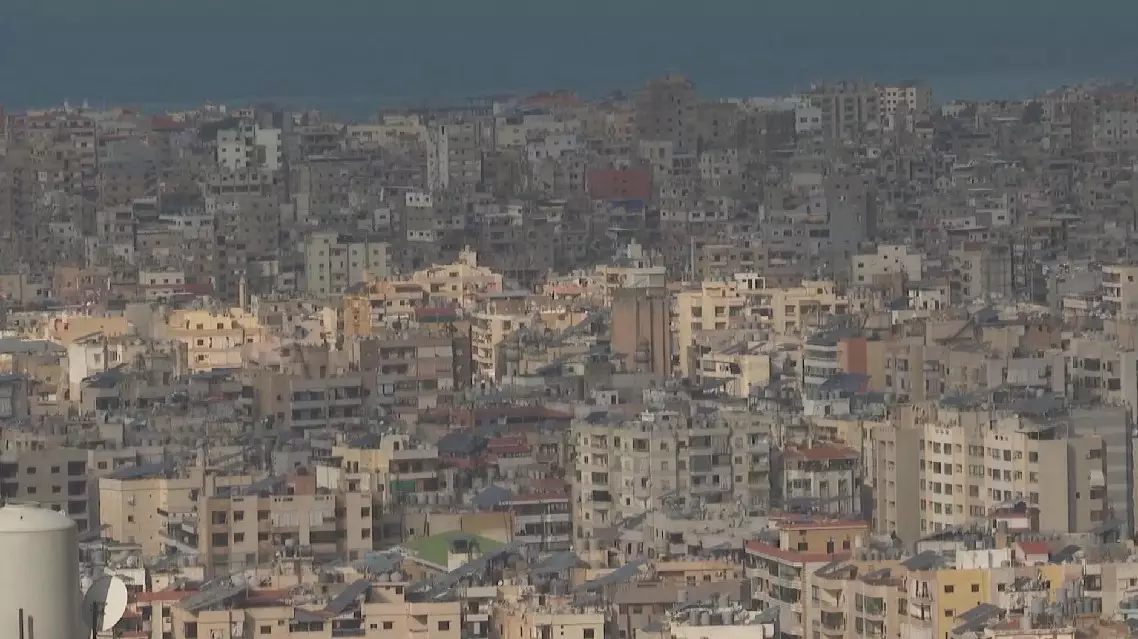
Israeli airstrikes on Beirut’s southern suburbs force residents to flee homes
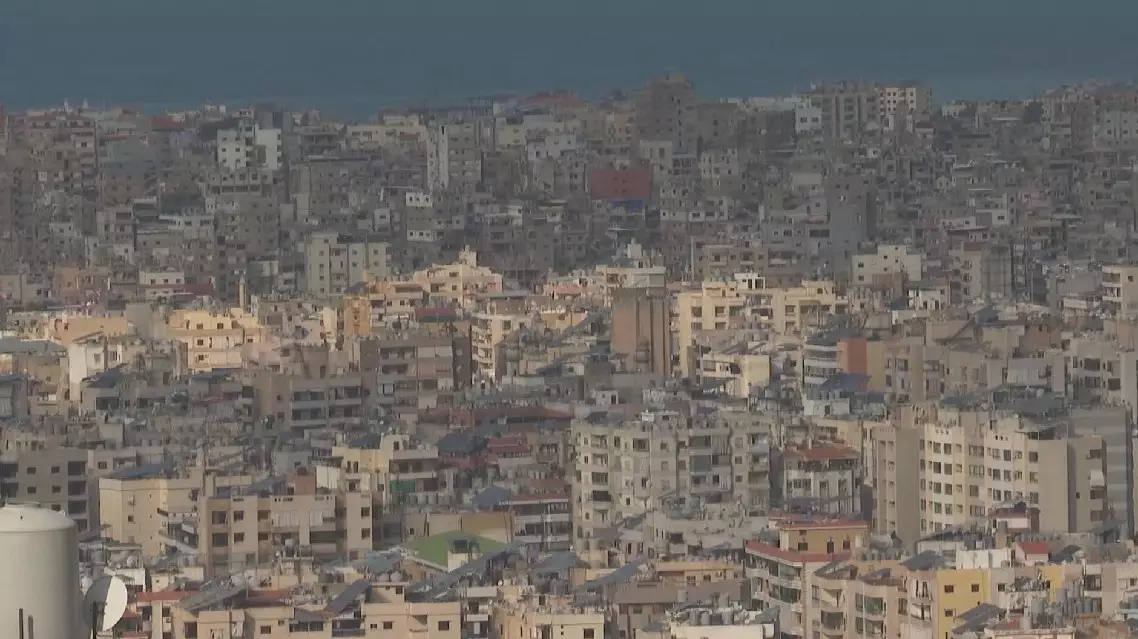
Israeli airstrikes on Beirut’s southern suburbs force residents to flee homes


